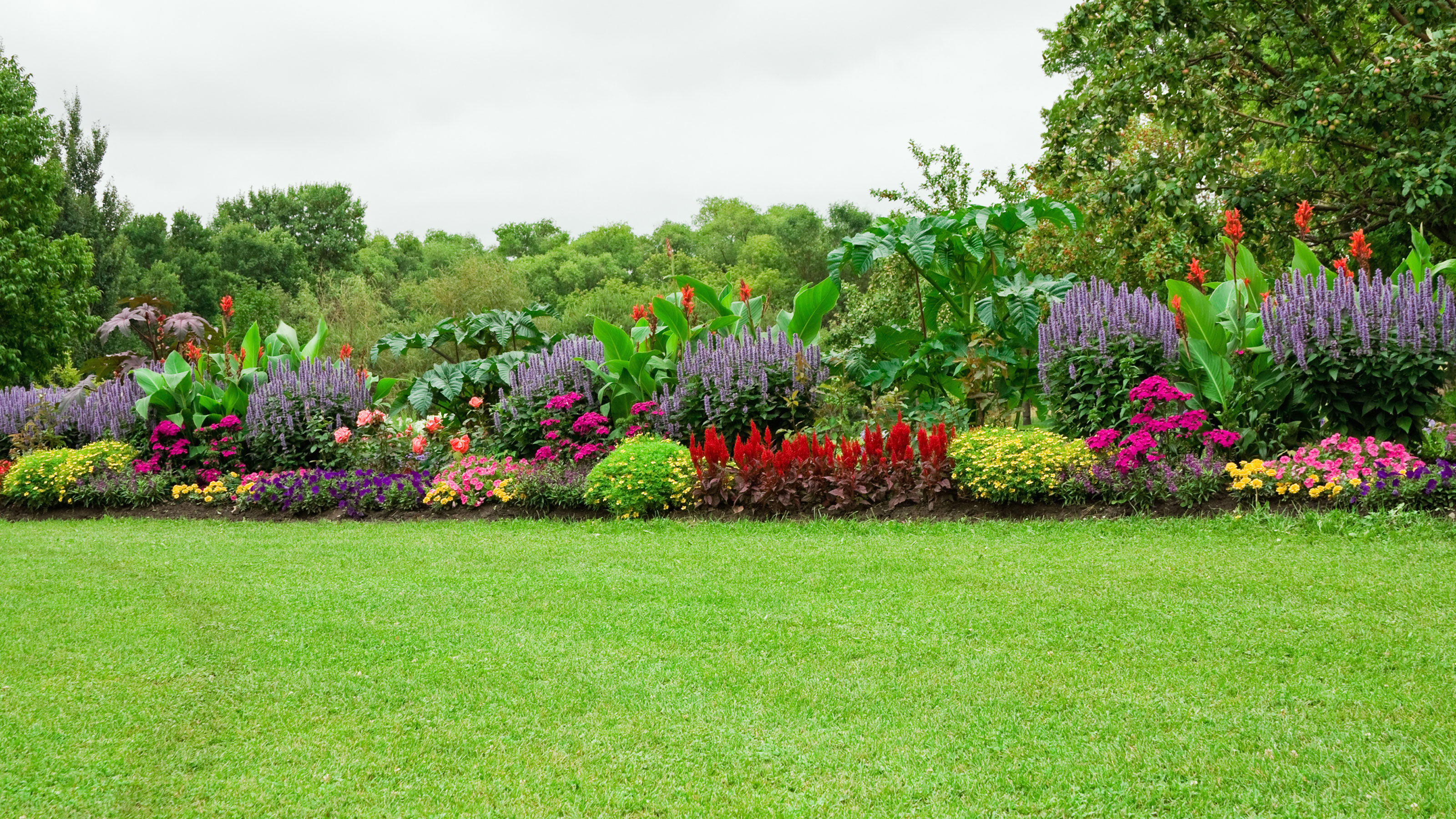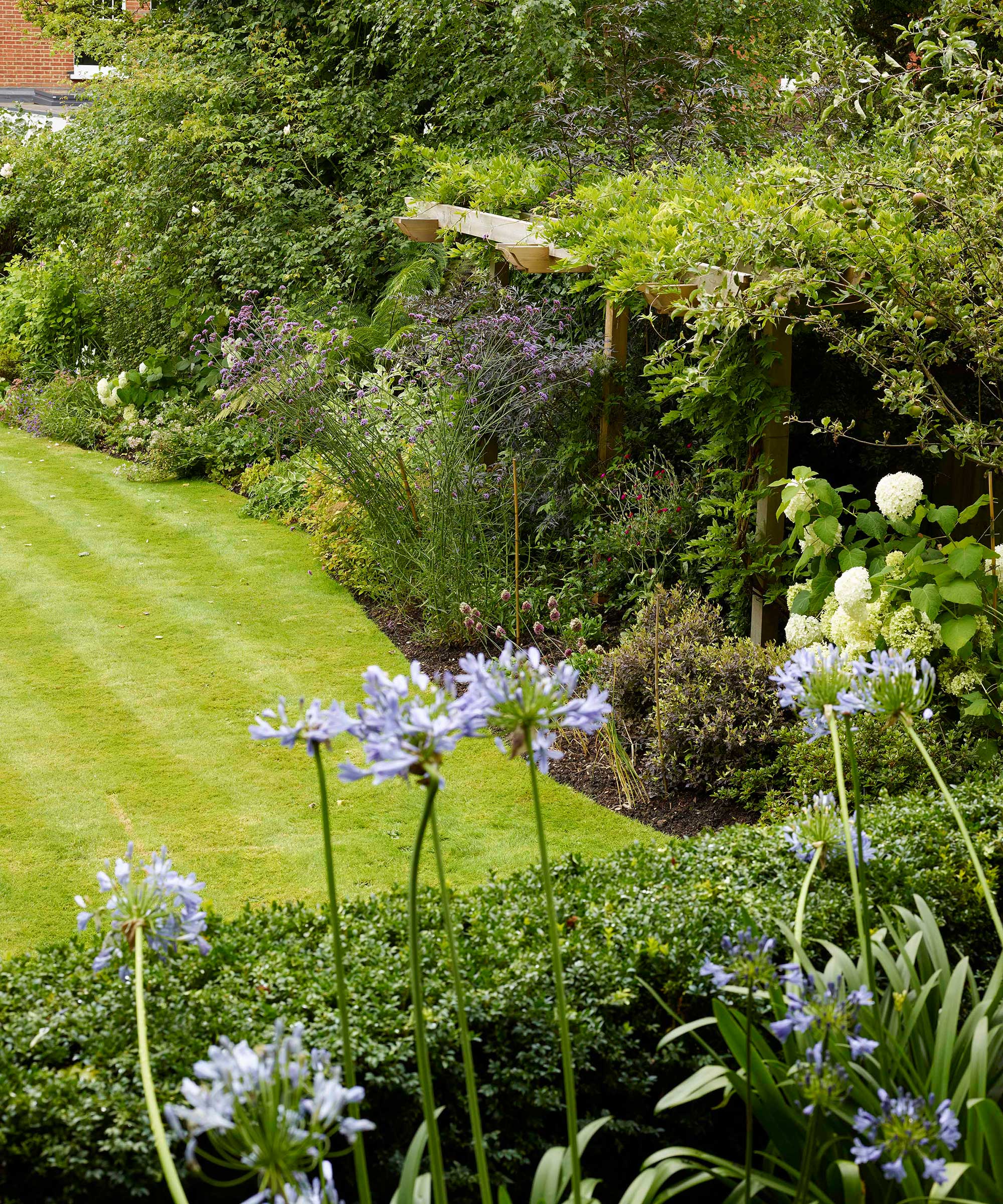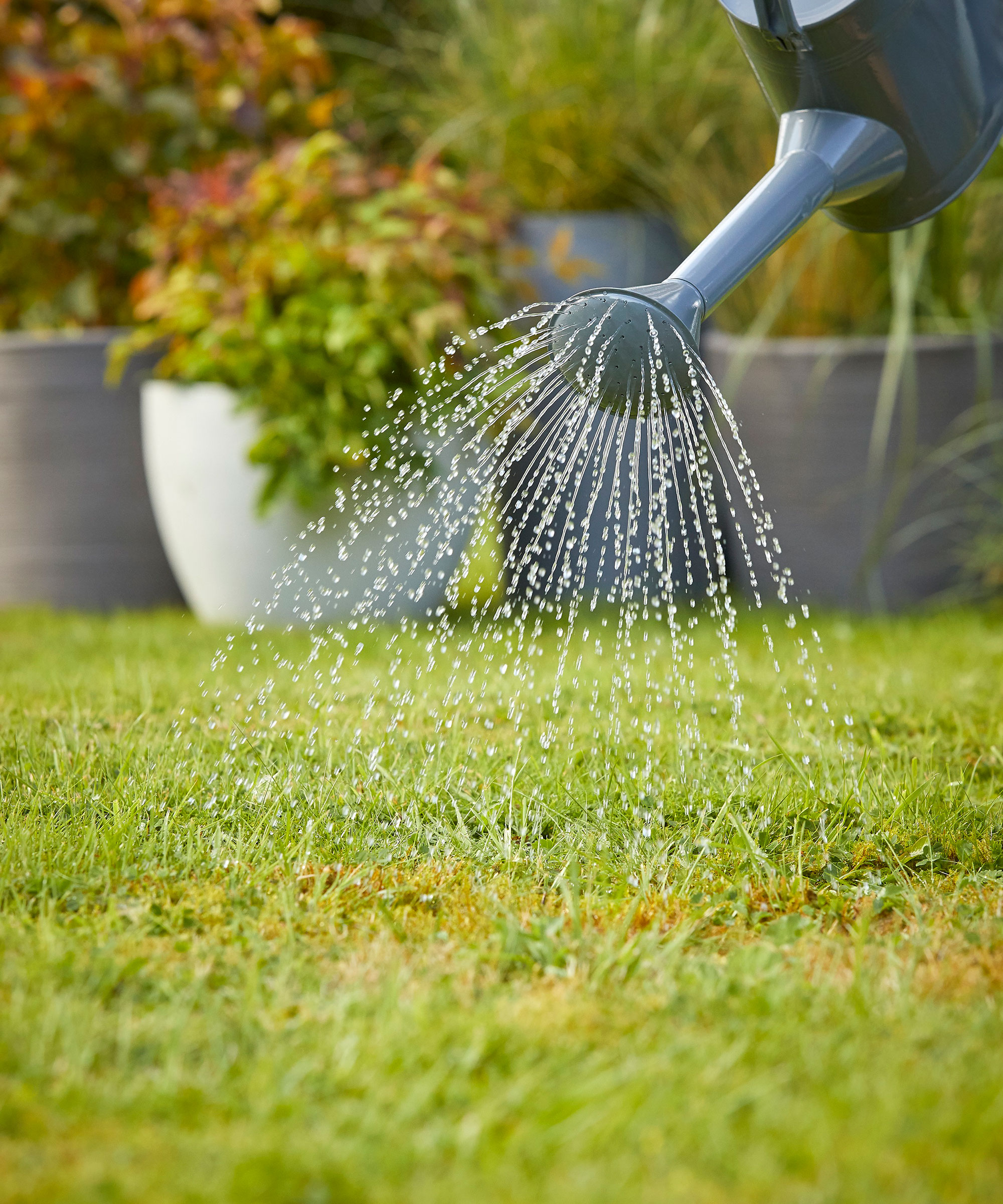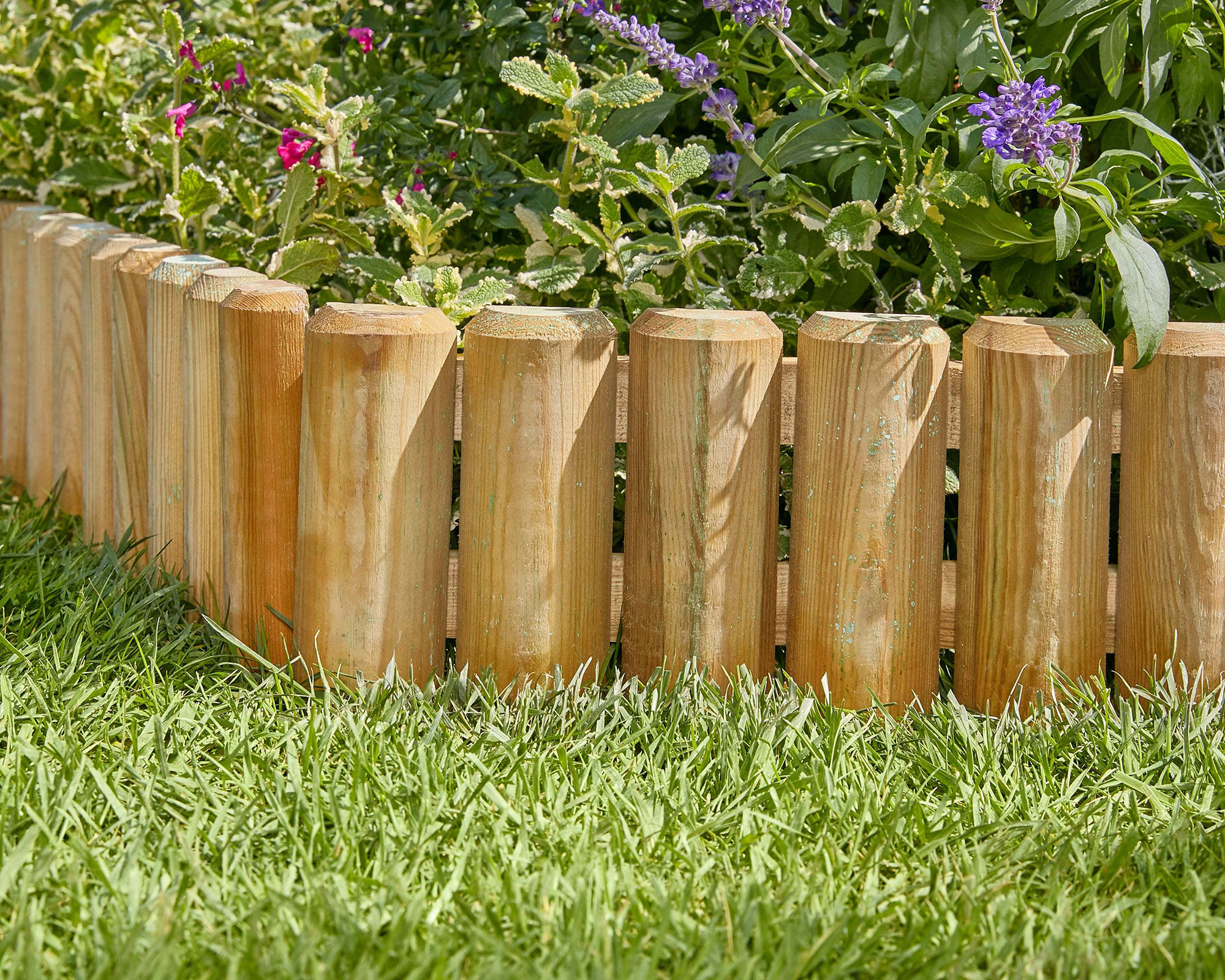Gardening expert warns against using chemicals to create the 'perfect lawn'
One garden expert is warning against commercial products which promise the perfect lawn, because they damage the soil, insects and the ecosystem


Green lawns with perfect turf are the dream of many come the height of summer, but one expert is warning gardeners against using chemicals as part of their lawn care routine as they strive to create that pristine patch of green.
Peter Dowdall, known as ‘The Irish Gardener’, has spoken out against the use of proprietary ‘feed and weed’ lawn products which use chemicals to help gardeners achieve immaculate results.
'All weed killers are very damaging in terms of biodiversity so they’re not something that I would use or recommend at all,' he says.
“There’s a lot of products out there that are called "lawn feed and weed", that just blanket bomb the whole lawn with a weed killer that’s not necessary in most of the lawn, and it’s just damaging the soil and the insects and the ecosystem as a whole.'
It’s important to remember that a ‘perfect lawn’ isn’t 'one size fits all', adds Peter: 'Your lawn is individual and it says a lot about you as a person.'

Natural is better
Peter’s solutions to cut out chemicals include reducing the size of your lawn, so it requires less maintenance, and learning to love the weeds and wildflowers such as daisies.
However, lawns really can suffer in hot weather, although brown and parched grass will almost always perk up as soon as it rains.
If you feel that your lawn needs a lift in the heat of high summer, opt for a natural feed, says Carlos Real, lawn care expert and managing director of Total Lawn. 'Once the hot weather has passed, give your lawn a little help with recovery by applying a dose of liquid seaweed in a feed.'
You can shop for liquid seaweed for lawns at Amazon.

Mow well, mow once
If you’re looking for more tips on maintaining your lawn in hot weather, Ruth Hayes, gardening editor of Amateur Gardening, has some good advice for mowing: 'Keep the blade on a fairly high setting as this ensures the lawn will stay looking lush, even through dry spells. Cut too short and the parched soil below will start to show through.'
She also recommends adding lawn edging around borders, such as log roll, Corten steel or the flexible rubber-type: 'It’s a quick and easy way of making your garden look smarter.'

Wooden lawn edging from B&Q
She also adds that, 'unless you are planning a garden event, it isn’t worth watering your lawn. However, where bare patches have formed, or large weeds have been removed – I always recommend a weed puller for this job – you can learn how to repair lawn patches by forking up the soil and re-seeding, then water it in and protect from hungry birds.'

Jayne Dowle is an award-winning gardening, homes and property writer who writes for publications including Sunday Times Home, Times Bricks & Mortar, Grand Designs, House Beautiful and The Spectator. She was awarded the Garden Journalist of the Year accolade at the Property Press Awards in 2021.
